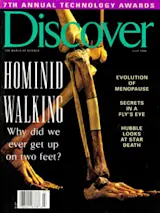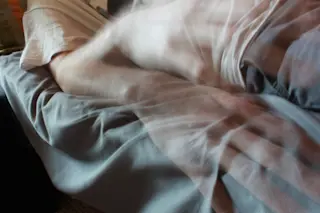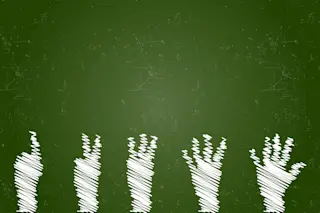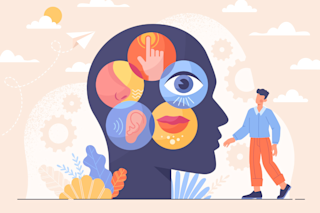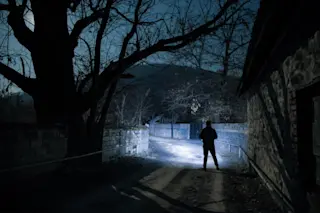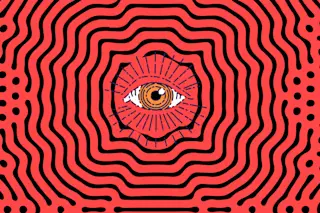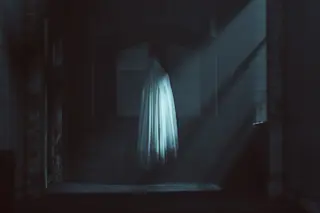Many people, scientists included, often assume that the loss of one sense strengthens others. But is there any real evidence for that assumption? Norihiro Sadato of Fukui Medical School in Japan and his colleagues at the National Institutes of Health in this country may have found some. Their studies show that in blind people, the visual cortex--a part of the brain that normally processes visual information--is instead given over to touch.
Sadato and his colleagues used positron emission tomography, or pet, to monitor the brain activity of blind people as their fingertips were engaged in three tasks: reading braille, scanning meaningless patterns of raised dots, and recognizing raised English letters and other shapes made by grooves etched in paper. The researchers also monitored sighted people (wearing eye patches) as they performed the latter two tasks.
Nothing unusual happened when either blind or sighted people passed their fingers over the meaningless ...


